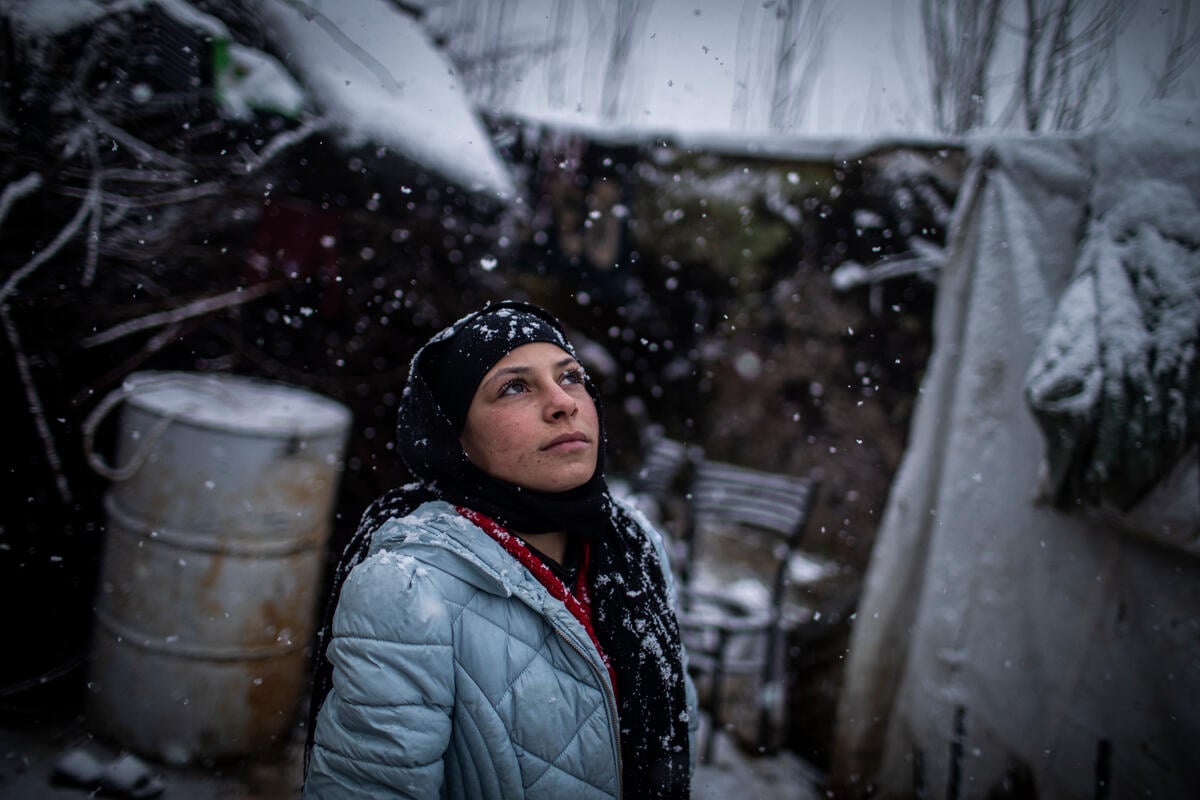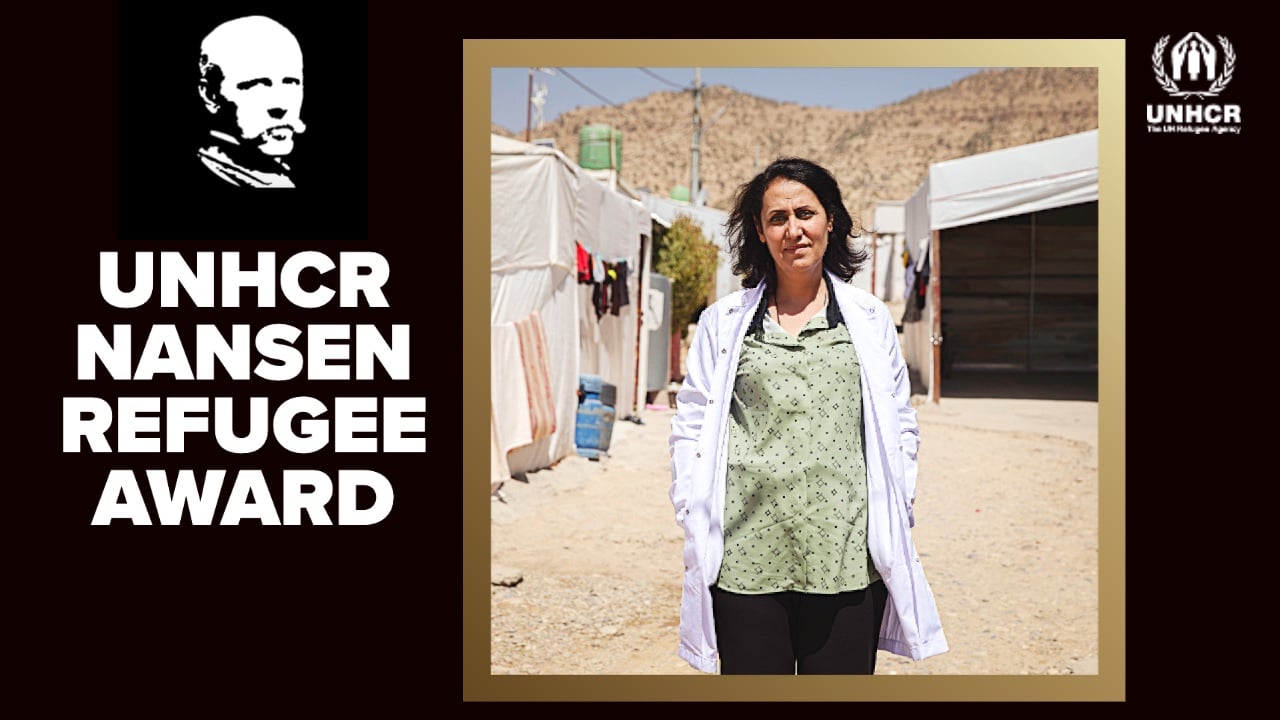Resolve, resources run low among silent trickle of Iraqis in Iran
Resolve, resources run low among silent trickle of Iraqis in Iran

TEHRAN, Iran, May 22 (UNHCR) - It is a silent trickle, far from the mass exodus to the west. Slowly but surely, thousands of people have been fleeing rising insecurity in Iraq to seek safety in neighbouring Iran. But as fighting continues to rage back home, their resources and resolve are fast running out.
More than 4,000 Iraqis have arrived in Iran since the middle of 2006, months after an attack on an important Shia Muslim shrine in the central city of Samarra unleashed a wave of sectarian violence throughout Iraq.
"After the fall of Saddam [Hussein, Iraq's former president], the government was not strong enough to protect its citizens. Militias rule the country and target people who are not in their own tribe. As Shia, we were targeted," said Baghdad native Majid Razi Shabut, 38, who arrived in Tehran in June 2007 with his wife and four children.
"I was also targeted because I worked as a clerk in the Ministry of Industry and Minerals. They think anyone working with the government is working with the US," he added.
Sabriyeh Sabri and her family have been in the oil-rich town of Ahwaz in Iran's south-west since March 2007. As a Sabi, or follower of John the Baptist, the 49-year-old said she faced no problems under Saddam's secular regime. After the 2003 US-led invasion, however, "the militia said we should convert to Islam or die. They accused us of producing wine and other illegal things. My sons and daughters were beaten. We were threatened and forced to leave our house."
Like Sabri and Shabut, the Iraqis arriving in Iran in the last two years have mostly come from the capital, Baghdad, as well as central and southern parts of Iraq. They cross the borders at Mehran or Shalamcheh and move on to Tehran or the holy cities of Qom and Mashad.
The large majority came with passports and Iranian visas valid for one month and renewable for up to three months. To renew them beyond that, "We must go back to Iraq where it's dangerous. If not, we have to pay heavy fines for overstaying," said Sabi. "With an eight-month fine in Iran, I am now in debt. I can't even go back."
Her husband suffers from the consequences of previous attacks, and had to go back to Baghdad where medical treatment was cheaper. This leaves Sabri running the household with two daughters and a son, who works in an Ahwaz market.
Shabut, the former civil servant, is among the lucky few to have a one-year residence permit in Iran. While this offers him some security, he is struggling to survive in his rented home in the Iraqi neighbourhood of Dolatabad in Tehran.
"The problem is, we're not allowed to work here legally. Sometimes I find a job in a restaurant or company for a few days, but there is no stable income," he said. "Food and rent are expensive in Iran. We've been surviving by selling my wife's gold jewellery. My brother in Baghdad also sends some money every month."
His 13-year-old son, Ahmed, misses school back home. "Here we go to school [a private one run by the Iraqi embassy] at noon and finish at 10:30 pm. I have some Iraqi friends in the neighbourhood, but when I'm free I just stay home and watch TV." Nonetheless, when asked if he would consider going back to Iraq, he was adamant: "I don't want to return because it's dangerous."
Samad Seed Hadi should know. The 32-year-old Iraqi from Karbala had first fled to Iran in 1980, when he was four. About six months ago, he returned to Baghdad but was arrested and imprisoned for a month.
"They said I spoke Arabic with a Persian accent and suspected me of being a spy," he said. He was released once he produced his documents, but was warned by prison guards that his accent would get him into trouble with the militias. So he came right back to Ahwaz, where he now does odd jobs for a living.
"My visa will expire soon. I'm afraid to go back and really don't know what to do," he said, exasperated. "I just hope to find somewhere safe to live."

UNHCR registers the asylum claims of those Iraqis who approach the office, and submits the extremely vulnerable cases for consideration by resettlement countries. The refugee agency also funds a non-governmental organization, IRAC (Iraqi Refugees Aid Council), to provide medical and educational assistance where needed.
Separately, there are an estimated 54,000 Iraqi refugees who arrived in Iran in the 1980s and after the 1991 Gulf War. Iran is also host to more than 900,000 registered Afghans.
By Vivian Tan in Tehran and Ahwaz, Iran








